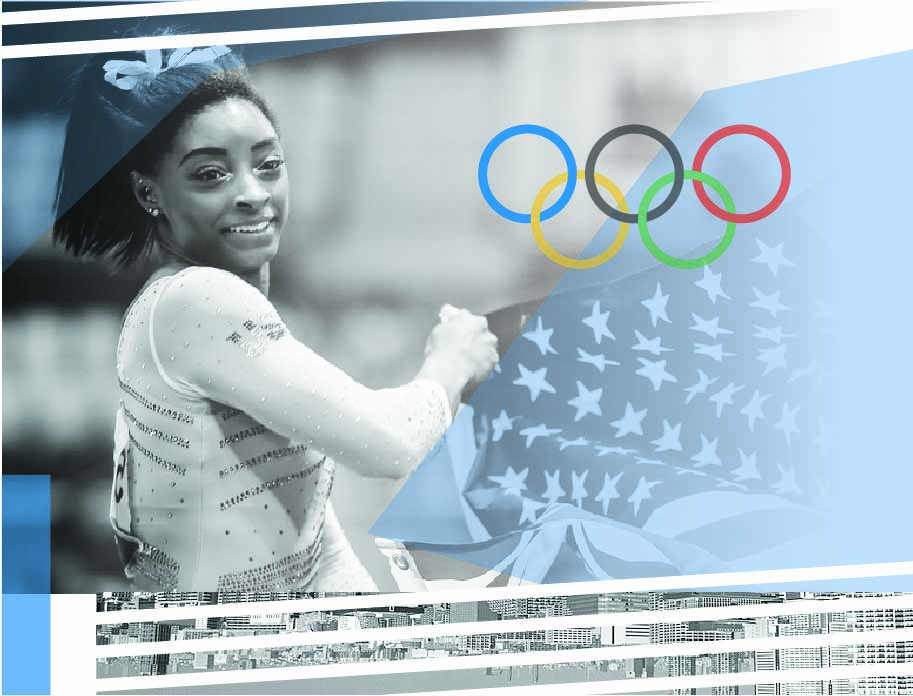
Dr. Jung Woo Lee
Lecturer in Moray House School of Education and Sport at the University of Edinburgh. He also directs the MSc Sport Policy, Management and International Development program at the University. His research interests lie in ‘sport mega-events’, ‘sport and international relations’, and ‘sport and nationalism’.

Section 1: Tokyo & Mega-Events
- Public relations as the key in the 2020 Tokyo Olympic and Paralympic Games
- Anti-sex beds? Fake news! : why this video went massively viral?
- Power sharing: Olympic sponsorship and the athlete’s personal brand
- The Tokyo 2020 Organizing Committee’s veil of effective public relations to help save itself and the start of the Games
- Host city and mega-events: Olympic legacy in Japan
- The rise of critical consciousness in Japan: An intangible and unintended legacy of the Tokyo 2020 Olympic Games
- The soft power of the Olympics in the age of Covid 19
- Tokyo 2020 Olympic Games, nationalism, identity and soft power
- The typhoon games
- Environmental leadership showcased in the Olympic Games
- Simone Biles and prioritizing athlete well-being
- How the female athletes of the Tokyo Olympics are reframing the way we think about motherhood
- Deliver a medal or apologize: A daunting task imposed on Japanese Olympians
- What happened to Rule 40 at Tokyo 2020?
- Cultural programming at Tokyo 2020: the impossible Olympic festival city?
- A green Olympic legacy for future generations?
- Lessons from Tokyo: the impact of the Paralympics in Japan
- Let’s play! Inspiring an inclusive mindset with a hands-on Paralympic experience for children and teenagers in Japan.
- The Olympic & Paralympic sponsorship without category exclusivity: Background of sponsorship exclusivity in Olympic and Paralympic Games (OPG)
- Counting cases, counting medals: Containing the Olympic contagion during the Tokyo Games
- The Olympic Games and ambush marketing via social media
- Pride and burden of striving for perfection at the Olympics
Few sports mega-events were immune to political controversies. Not only were the 2020 Olympic Games in Tokyo held during the Covid-19 pandemic, but the event also took place amid the East Asian relations in flux. This brief report reviews a few notable inter-Asian issues mirrored through this Olympics: the relationship between Japan and South Korea, the tensions between Japan and China, and North Korea’s perception of Tokyo’s Olympic campaign.
A Japan-South Korea summit
The Olympic Games, especially the opening and closing ceremonies, often function as a semi-diplomatic conference where the head of the host nation receives international VIPs and holds a series of bilateral talks with visiting world leaders. Due to the Covid-19 pandemic, the number of foreign guests at the Olympic ceremonies in Tokyo was smaller than usual.
Today, the relationship between Japan and South Korea was at the lowest since the normalization of the diplomatic connection in 1965. The main causes of the conflict include the contentious history of Japanese colonialism and the recent trade disputes. South Korean President Moon Jae-in, despite or because of the diplomatic impasse, planned to attend the opening ceremony. In March 2021, Moon expected that the Olympics in Tokyo would reopen a communication channel between the two sides and announced that he was prepared to convene a meeting with his Japanese counterpart during the Games. Japan remained unmoved. As the summer Olympics drew closer, the two governments discussed the feasibility of holding a Japan-Korea summit. Seoul wanted to put the current diplomatic agendas on the table while Tokyo only intended to receive the South Korean leader as an Olympic guest. As the discussion made little progress, Moon finally decided not to travel to Tokyo. With the general and presidential primary election scheduled to take place in Japan and South Korea a few months after the Olympics, nationalist populism in the two countries showed no sign of abating. This situation rendered an amicable encounter between the two leaders at the sport mega-event nearly impossible.
Taiwan questions
China supported Japan’s effort to deliver the summer Olympics during the pandemic but only superficially. Recently, the relations between Japan and China turned uneasy mainly because Japan actively participates in the United States’ India-Pacific strategy which chiefly aims to curtail Chinese expansionism in Asia. The Taiwan questions, particularly concerning the recognition of the entity as a sovereign state, lie at the center of the Sino-American contention. A few weeks before the Olympics, Japan vowed to dispatch its self-defense forces to Taiwan if communist China attacks the territory militarily. Not unrelated to this geopolitical friction, China did not send high-level officials to the opening ceremonies even though Beijing will stage the next Olympic Winter Games in less than 7 months.
In the live broadcasting of the opening ceremony, an NHK narrator called the Chinese Taipei Olympic team the Taiwanese delegations when they were marching into the stadium. As China regards Taiwan as part of its province, the IOC only approves Chinese Taipei as the official collective name for Olympic athletes from the island. However, many Taiwanese people campaigned for reinstating their status at the international competition, and this movement put an additional strain on Taiwan-China relations. The use of the term Taiwan by the Japanese media infuriated China. The Global Times, the Chinese Communist Party’s flagship English newspaper, vehemently criticized this incident asserting that ‘a joint effort is needed to combat Japanese forces who are attempting to take advantage of the Olympics to engage in political conspiracies.’ Such a sensitive reaction demonstrates Beijing’s antipathy towards Tokyo’s alliance with Washington over the defense of Taiwan.
Voice of North Korea
North Korea skipped this Olympics amid concerns about the spread of Covid-19 in the secret state. Yet, they were by no means less vocal in their criticism over the politicization of the Olympic Games in Tokyo. Communist Korea claimed that Japan was attempting to romanticize its colonial past and to revive its militarism by hosting the event. Pyongyang also raised issues of the display of the Rising Sun flag at the Olympic venues and the description of the Korean controlled small islets as a Japanese territory on the official website of Tokyo 2020. North Korea considered these matters Japanese conspiracy to realize their international ambition panning that ‘this Olympics in Tokyo would leave the most humiliating mark in the history of the Olympic Games.’ Generally, North Korean propaganda tends to be overtly hostile and aggressive, and this anti-Olympic rhetoric was no exception. That said, their denunciation was not completely groundless but was, to some extent, the reflection of the escalating geopolitical tensions between Japan and its neighbors in East Asia.
Peace was one of the major themes of Tokyo 2020. Nevertheless, underneath the image of harmony and solidarity, arguably the hottest Olympics ever revealed the cold political climate in the region.

